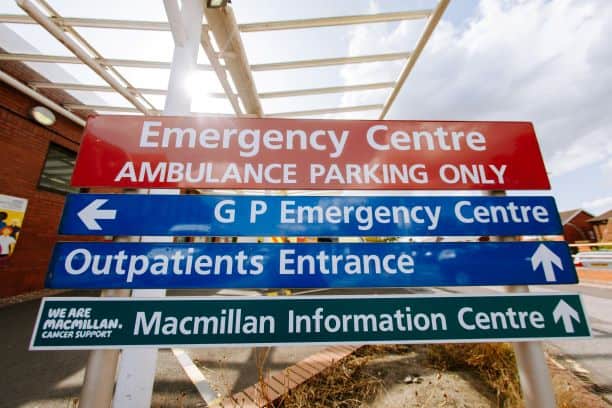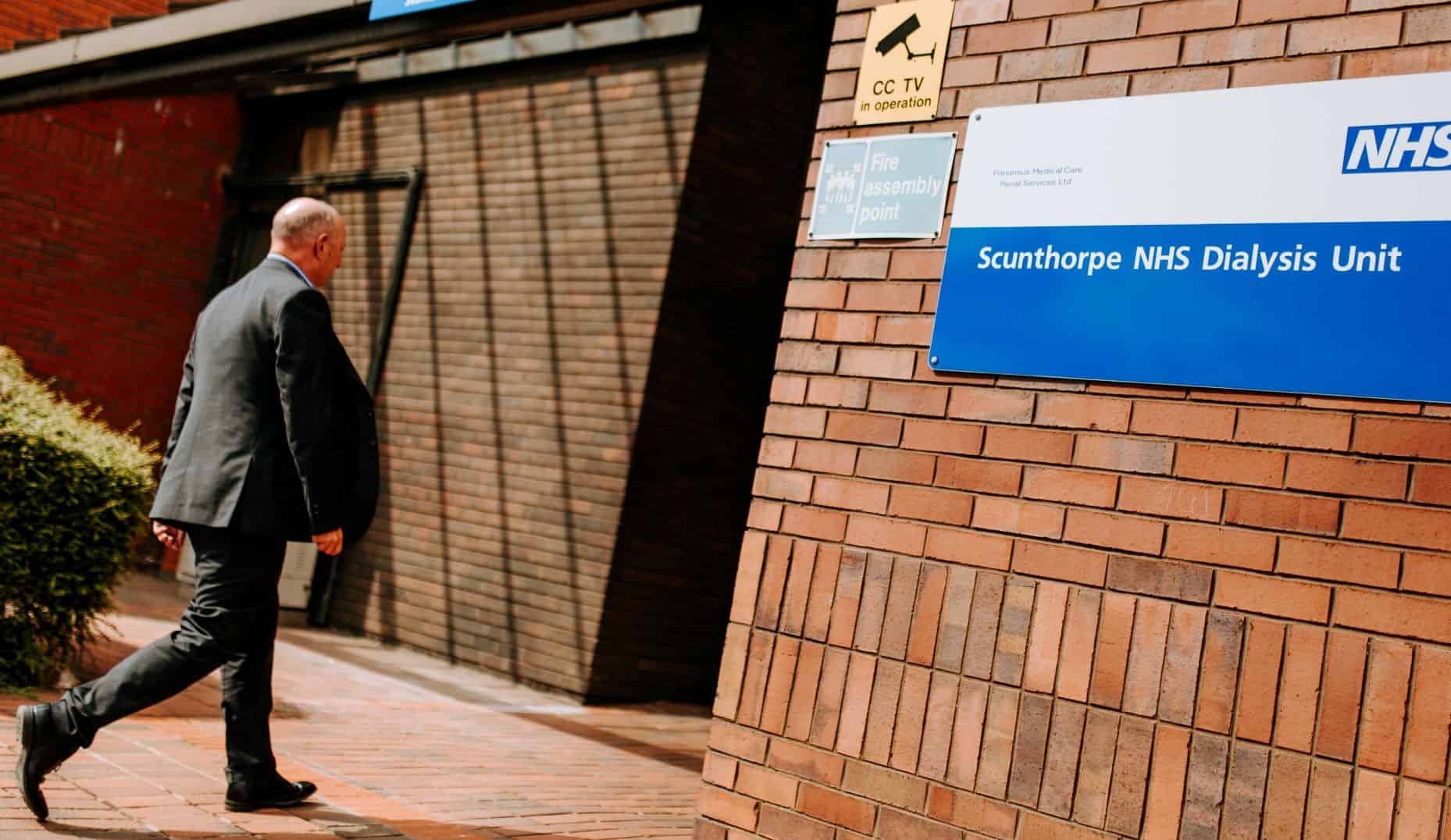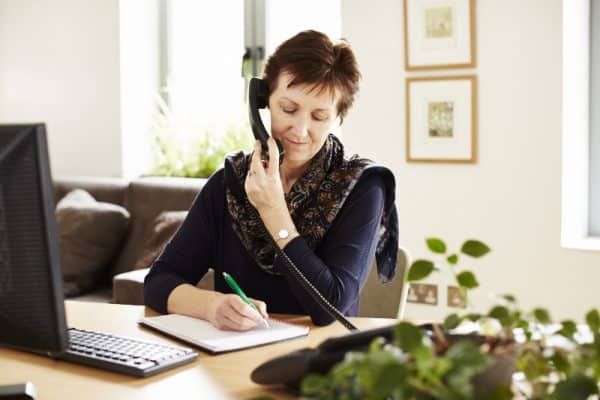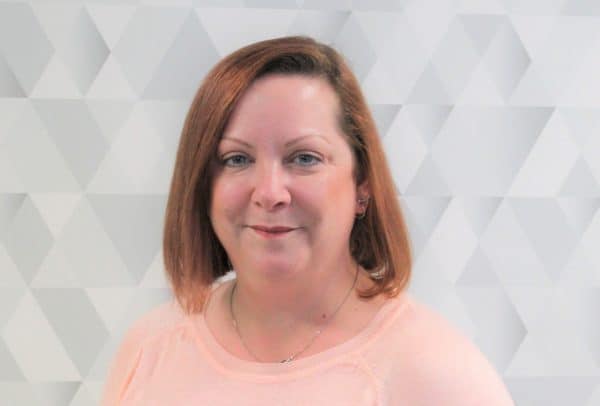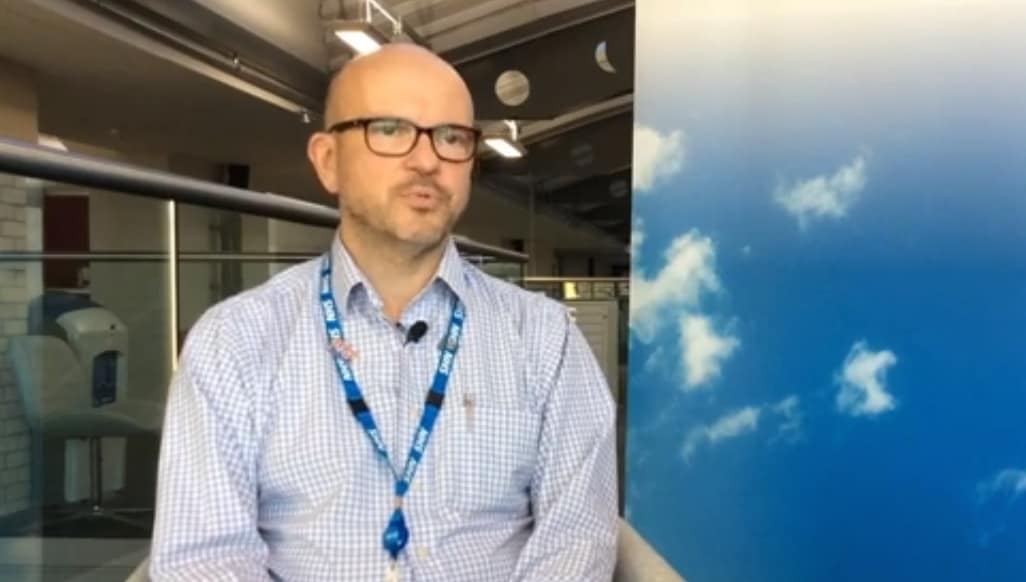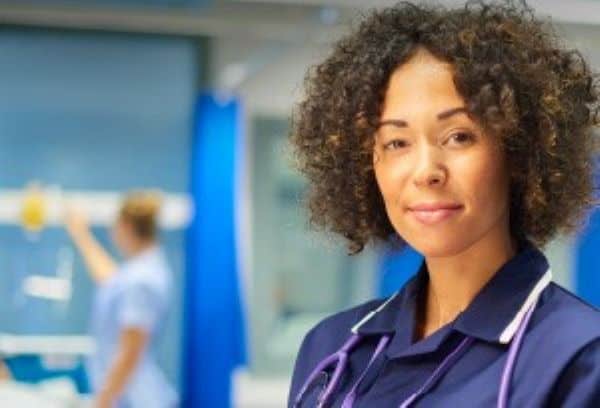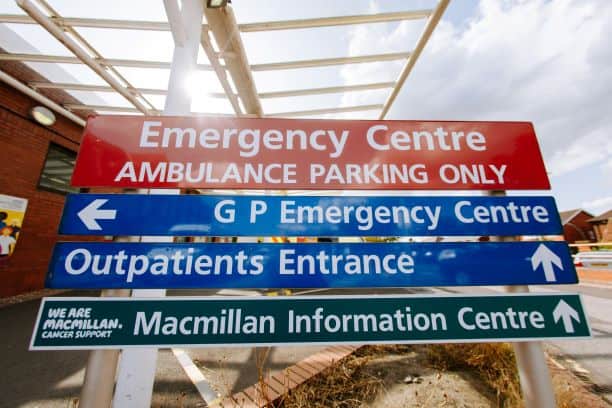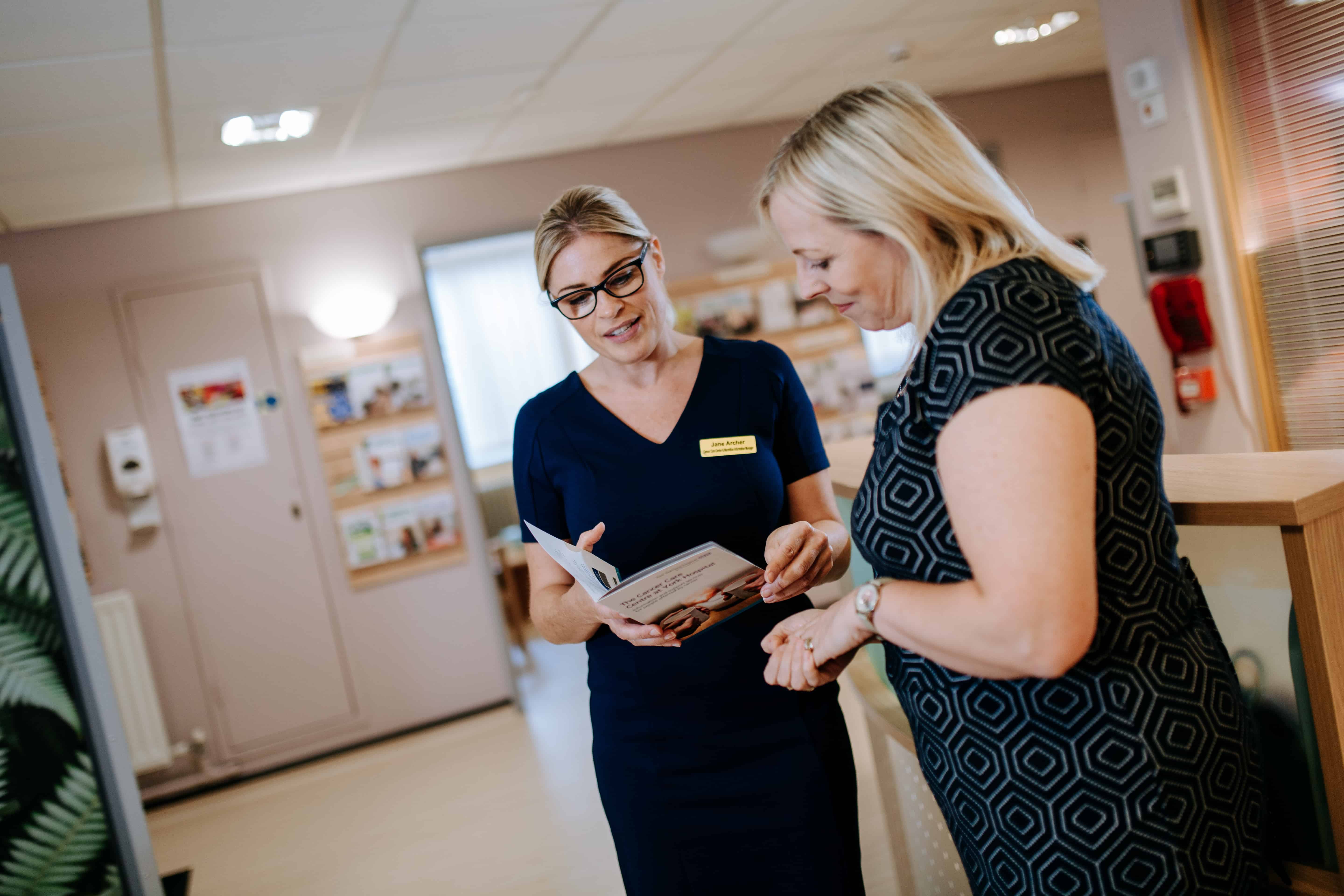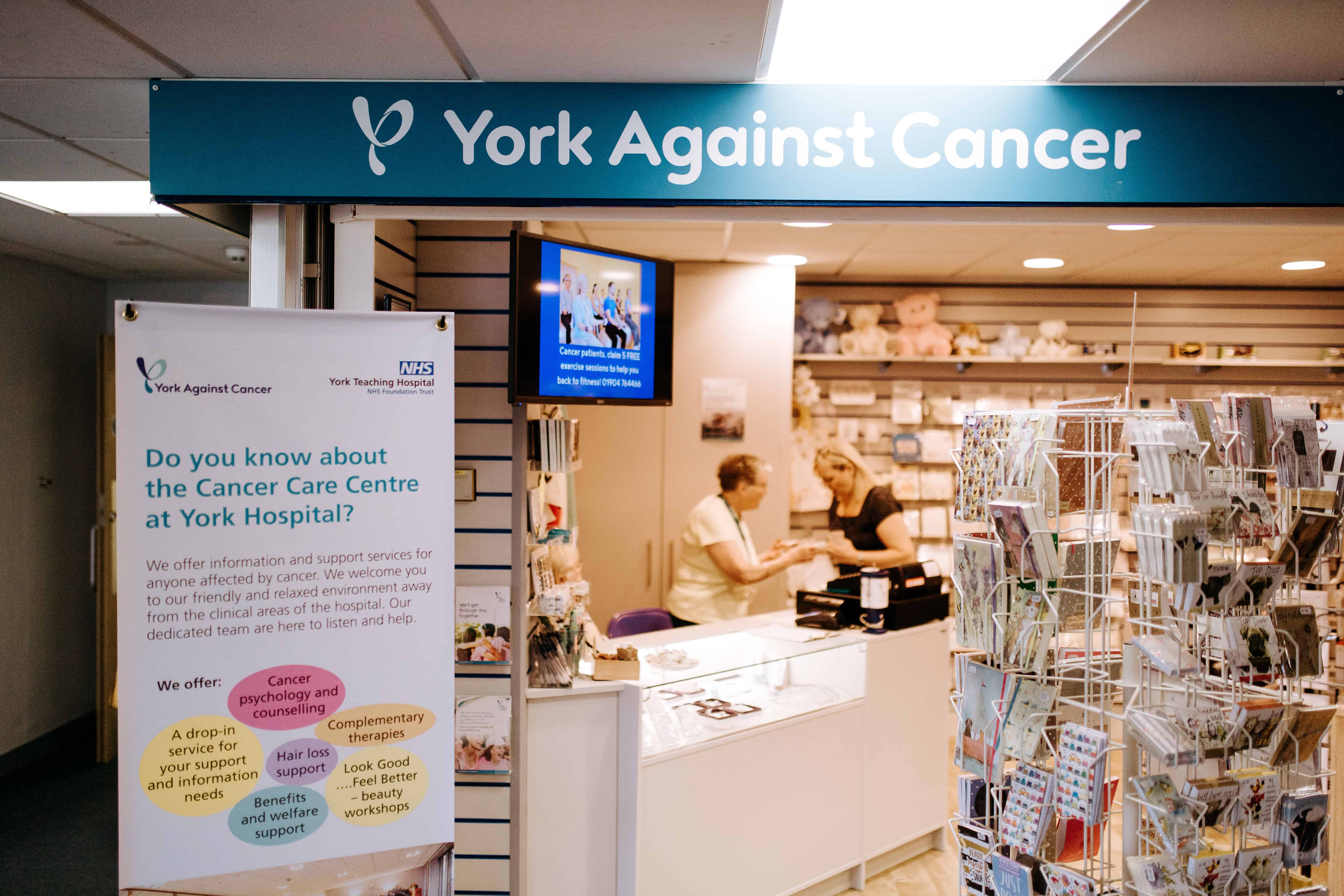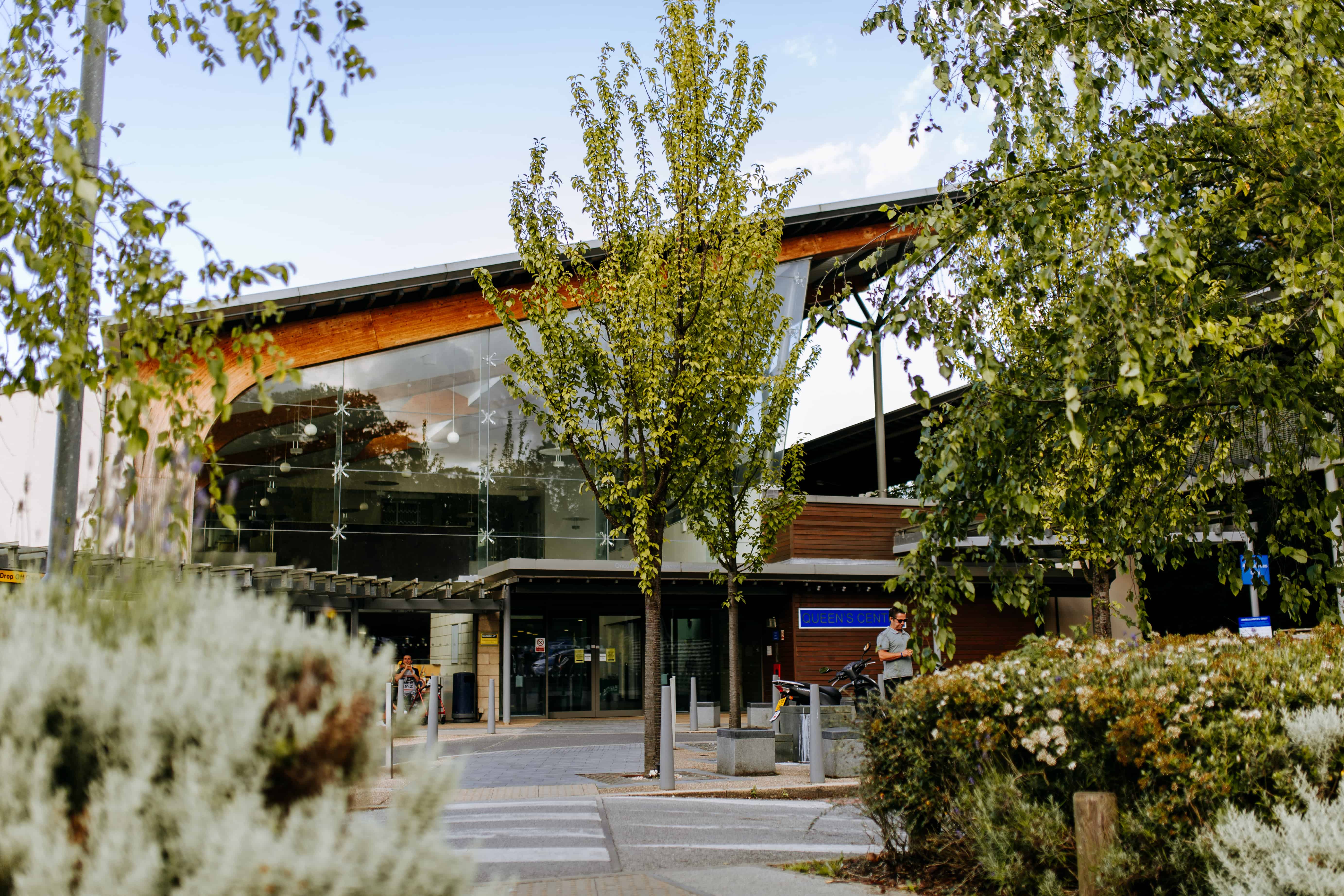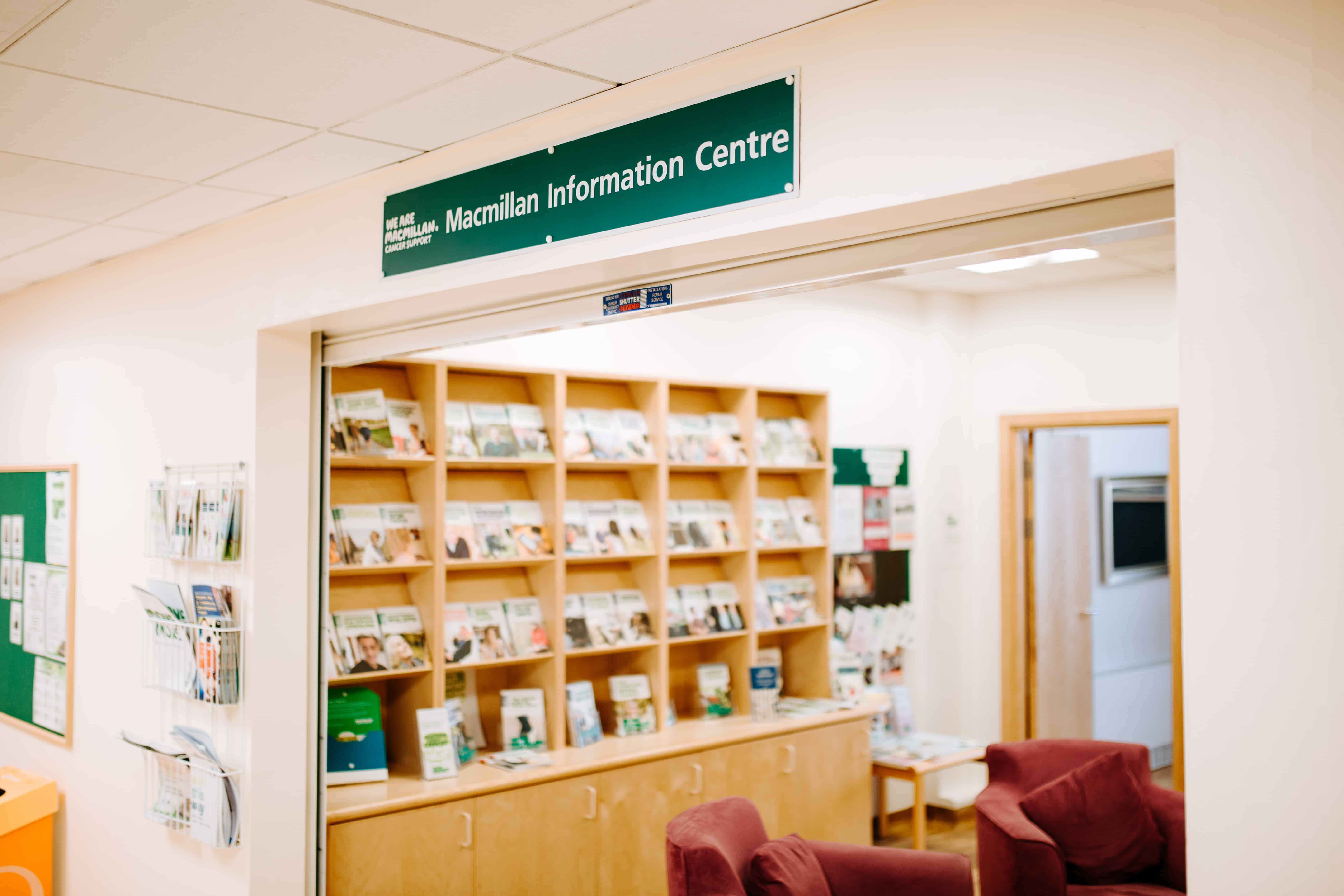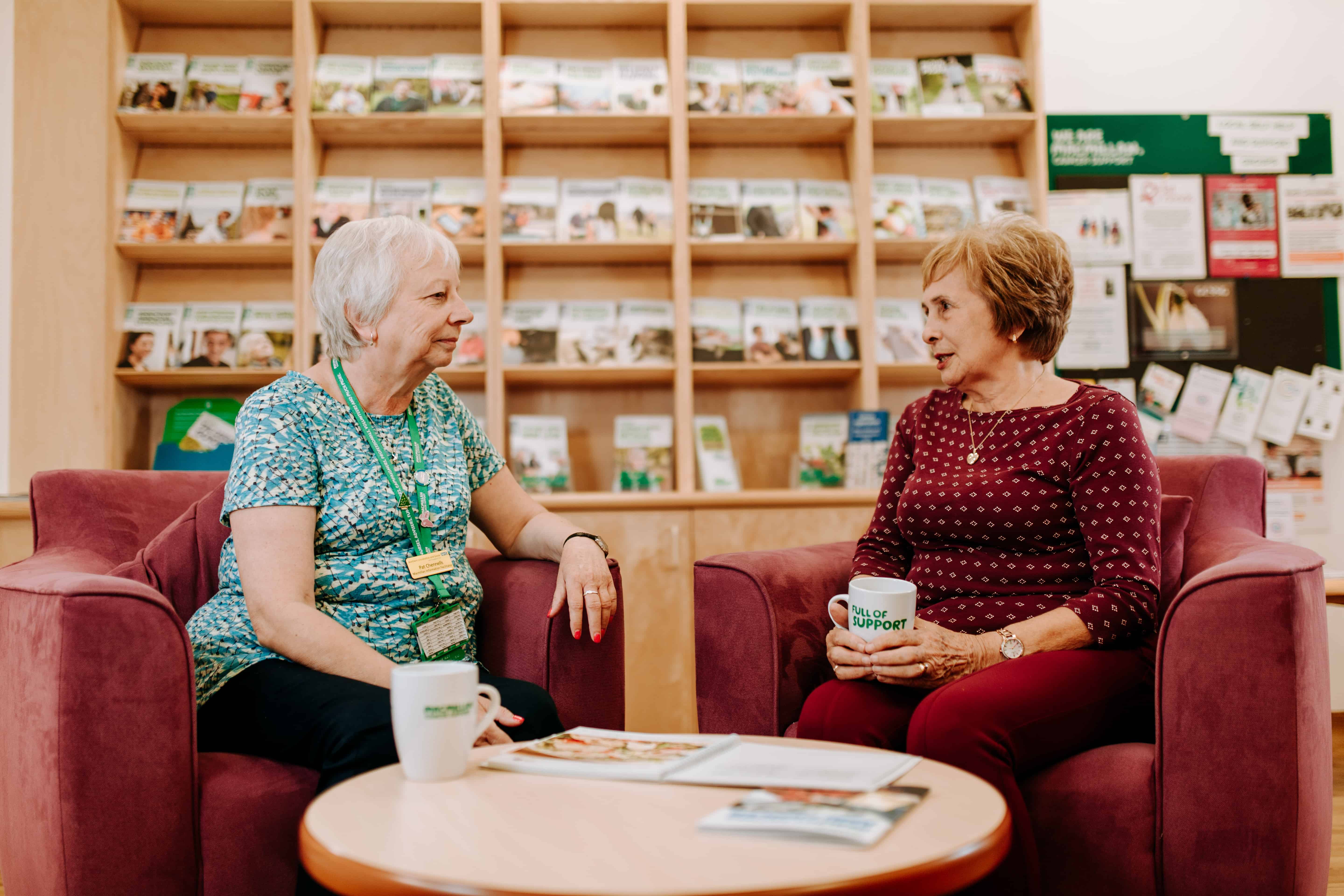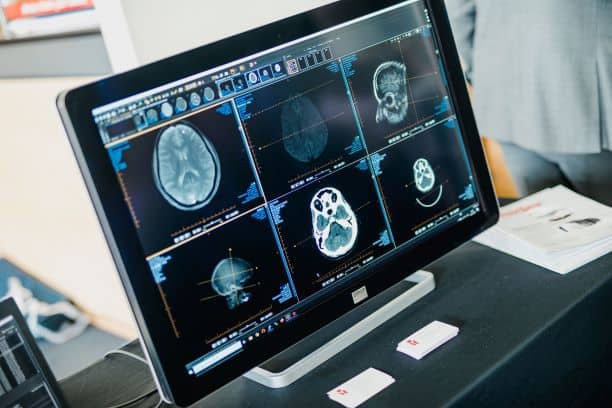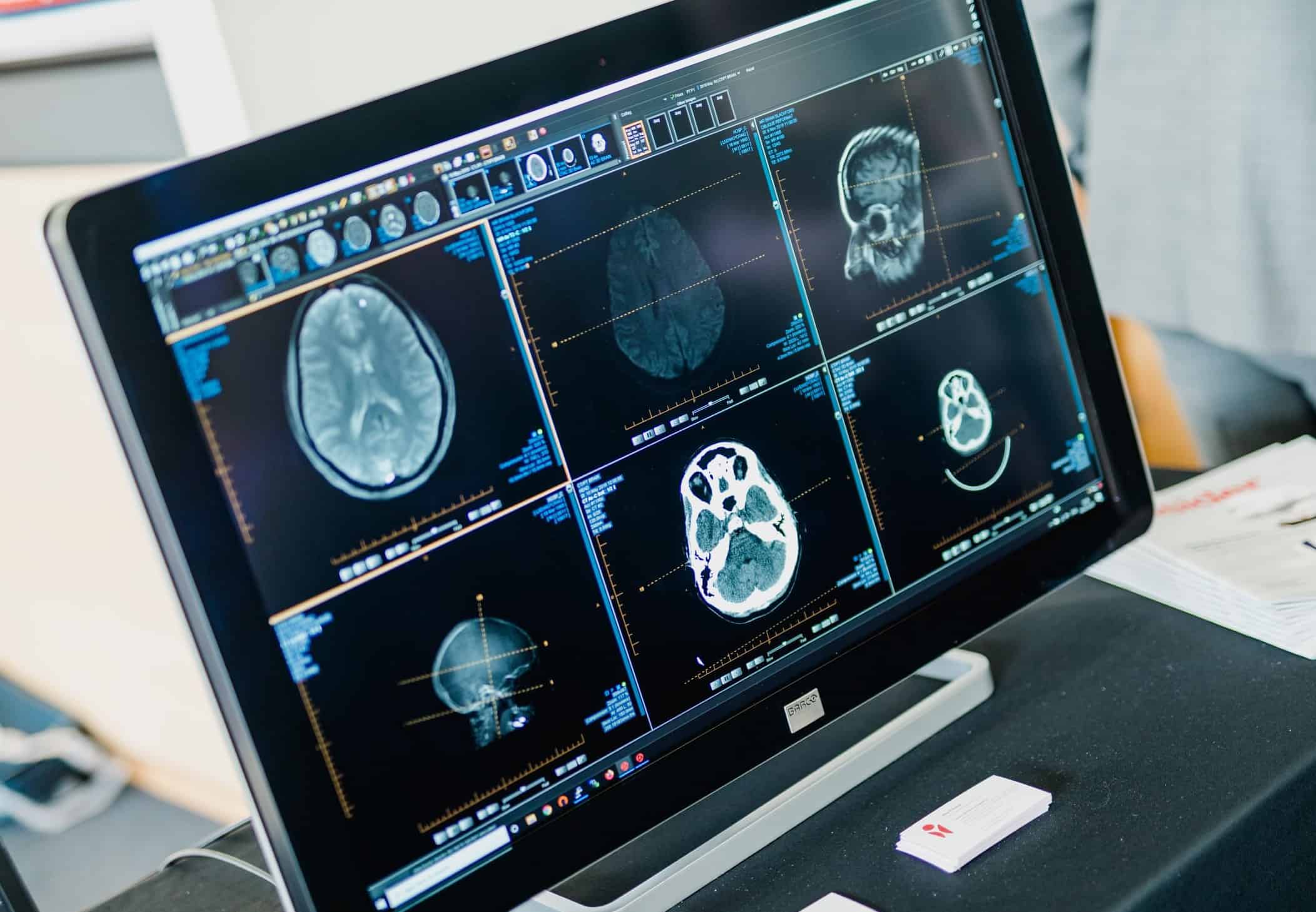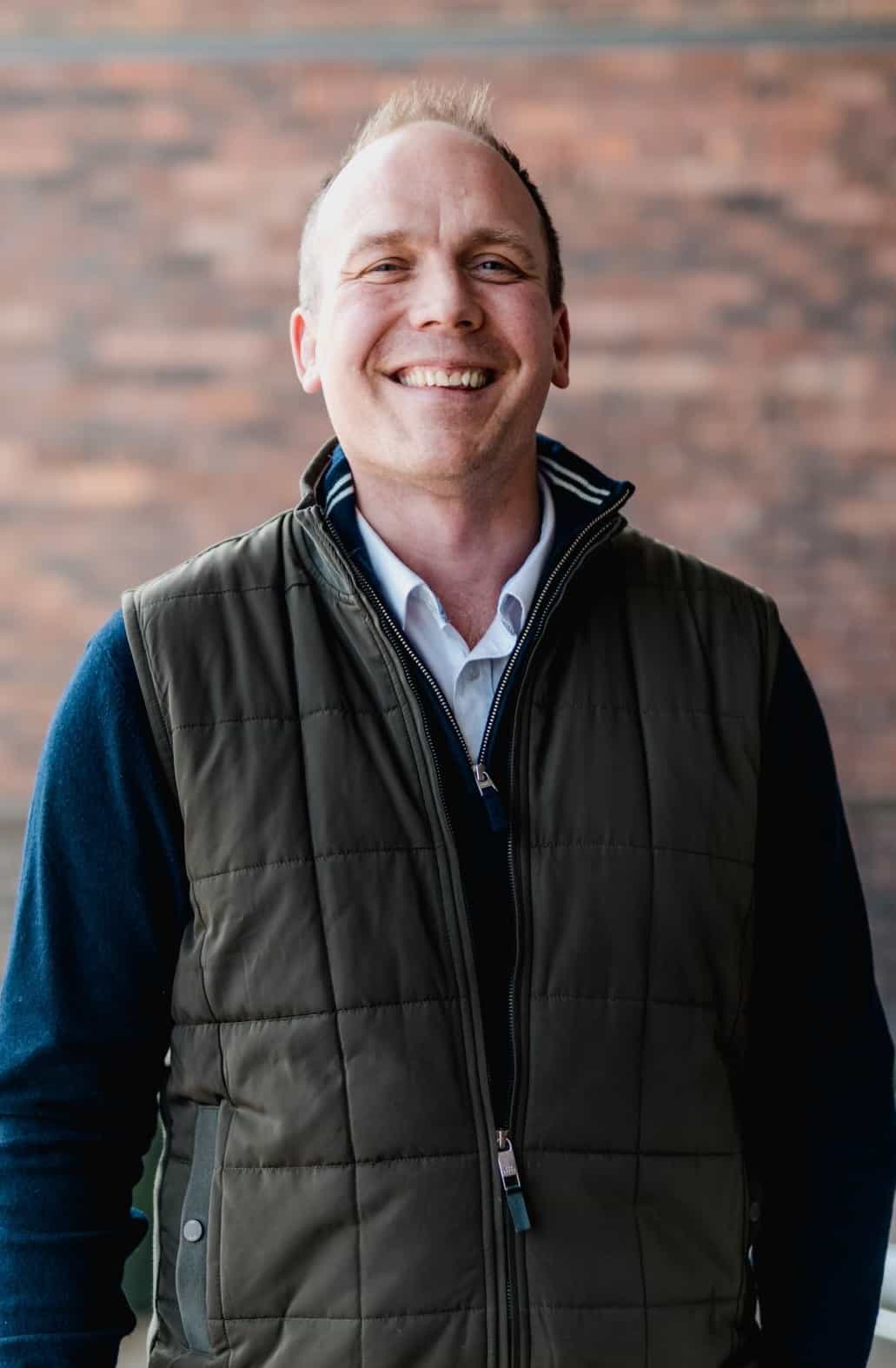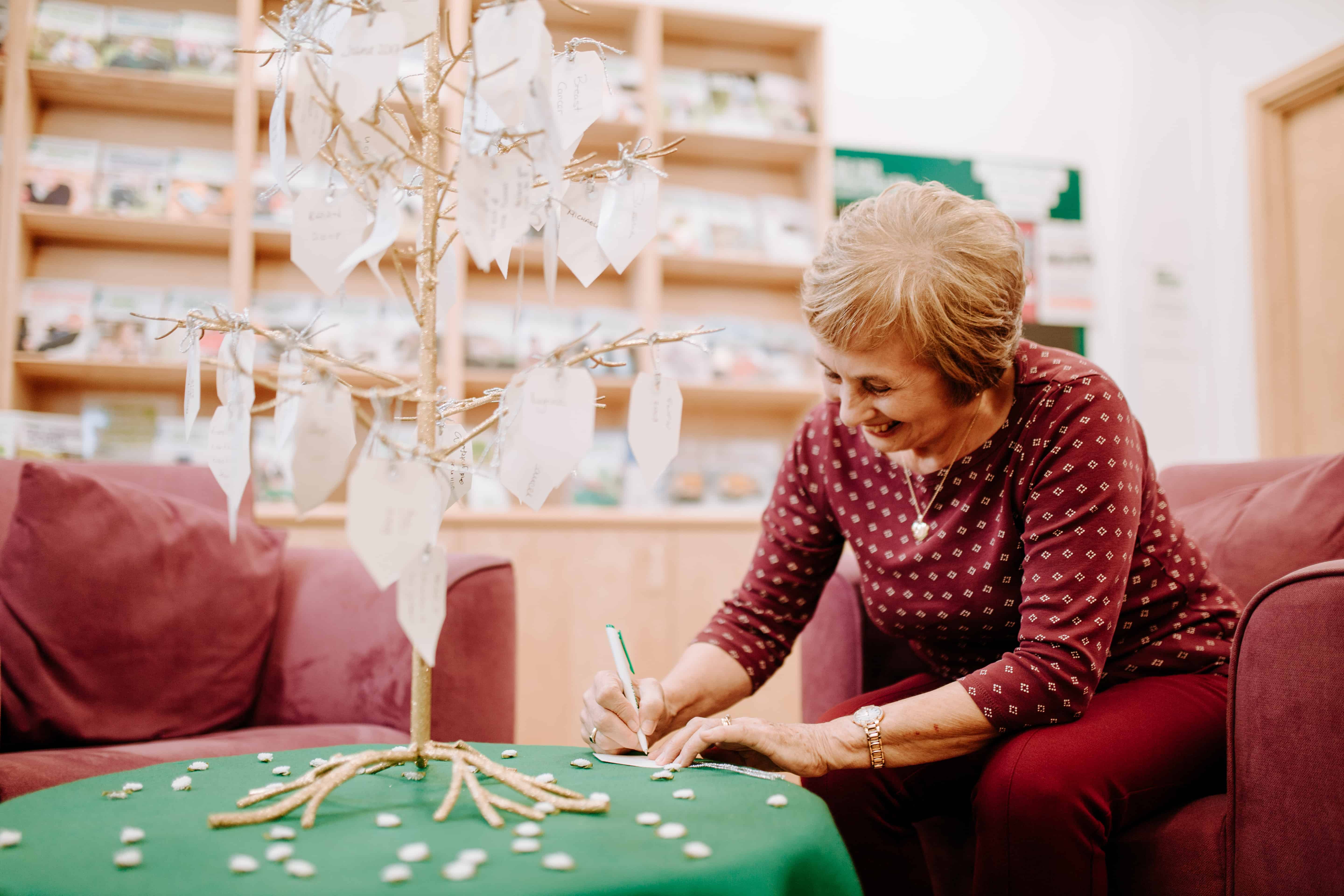England’s top cancer doctor has urged people not to hesitate to get checked as new research revealed that nearly half of the public have concerns about seeking help during the coronavirus pandemic.
One in 10 people would not contact their GP even if they had a lump or a new mole which did not go away after a week, the survey found.
Another third of people would worry about seeking help, according to polling carried out by Portland.
Getting coronavirus or giving it to their family were among the top reasons that people would not come forward when they have cancer symptoms along with fears that they could be a burden to the health service.
Professor Peter Johnson, the NHS clinical director for cancer, stressed that NHS staff had worked hard to make sure people can get cancer checks and treatment safely so there is no need to delay.
Waiting to get help could have serious consequences for patients and put a greater burden on the NHS, Prof Johnson said.
Online consultations mean people do not necessarily need to go to GP surgeries for check-ups while COVID-free cancer hubs have been set up to provide surgery along with independent sector hospitals who have signed an unprecedented deal with the NHS.
Virus protected hubs are up and running in 19 areas of the country to date so people can have their operation safely with thousands of patients already having treatment through a hub.
Professor Peter Johnson, NHS national clinical director for cancer, said: “NHS staff have made huge efforts to deal with coronavirus but they are also working hard to ensure that patients can safely access essential services such as cancer checks and urgent surgery.
“From online consultations to the roll-out of cancer treatment hubs we are doing all we can to make sure patients receive the life-saving care that they need.
“The wishes of patients and their families will always come first, and we have to make sure that people feel safe coming to hospitals, but my message is clear: people should seek help as they always would.
“We know that finding cancer early gives us the best chance to cure it, and ignoring potential problems can have serious consequences now or in the future.”
Prof Johnson’s call follows sharp drop in cancer referrals as patients are not contacting their GP for health advice.
A major public information campaign launched last week to encourage people to contact their GP or 111 if they have urgent care needs and to attend hospital if they are told they should.
Cancers are detected earlier and lives are saved if more people referred for investigation for checks.
Lynda Thomas, Chief Executive at Macmillan Cancer Support, said: “Macmillan wholeheartedly welcomes this NHS campaign encouraging people to contact their GP if they are experiencing the signs of cancer. We know that people are worried about the risk of infection from coronavirus and the pressure the NHS is already under.
“We urge you not to put it off, and don’t think you’re not a priority during coronavirus. Safeguard your own health and get any concerns checked out. Not diagnosing and treating many cancers fast makes treatment harder and can reduce the chance of survival.”
Natalie Haskell, CEO of Breast Cancer Charity CoppaFeel! said: “We know despite coronavirus, breast cancer remains the most common cancer in the UK and many people will be worrying about changes to their breasts during this period. At CoppaFeel! we are dedicated to educating people about the importance of checking themselves and presenting early to the GP if they notice any unusual, persistent change. Breast cancer is very treatable if found early and we urge people to listen to the NHS and continue to seek out their GP as normal if they are concerned about symptoms.”
Michelle Mitchell, Cancer Research UK’s chief executive, said: “It’s understandable that people might be worried about leaving their home during the pandemic or think the NHS is too busy, but you should still contact your doctor if you’re worried about signs and symptoms or notice a change that isn’t normal for you. If you’re reluctant to visit your GP in person, you can contact them for a virtual appointment. In most cases it won’t be cancer, but let your doctor decide as then your case will be tracked and if you do receive a cancer diagnosis, then you will receive treatment as soon as it’s safe to go ahead.
“The earlier a cancer is diagnosed, the more likely it is treatment will be successful and the higher the chance of survival. So even in these stressful times it’s vital people don’t delay seeking help with cancer symptoms.”
Jane Lyons, CEO of Cancer52 said: “It’s so important that people who think they might have a cancer symptom get in touch with their GP. Putting off getting in touch won’t be helpful in the long run so please do take that first step. It is important to remember that most of the time symptoms that could be cancer don’t turn out to be cancer, and if they are, the sooner you get some help the better.”
Gemma Peters, Chief Executive of Blood Cancer UK, said: “The earlier blood cancer is diagnosed the better. If you’re worried about symptoms which could be blood cancer, such as unexplained weight loss, bruising or bleeding, then get in touch with your GP. The NHS wants to help you. Let them.”
“Cancers of any kind don’t stop simply because we’re in the midst of a pandemic, and for those less common cancers where symptoms might be vague, or where they can develop in any part of the body like sarcoma, it makes it even more essential to have any suspicious symptoms looked at as soon as possible.
“We need to make sure people still contact their GP if they are worried about cancer, and campaigns like this play a crucial role in making that happen.”
